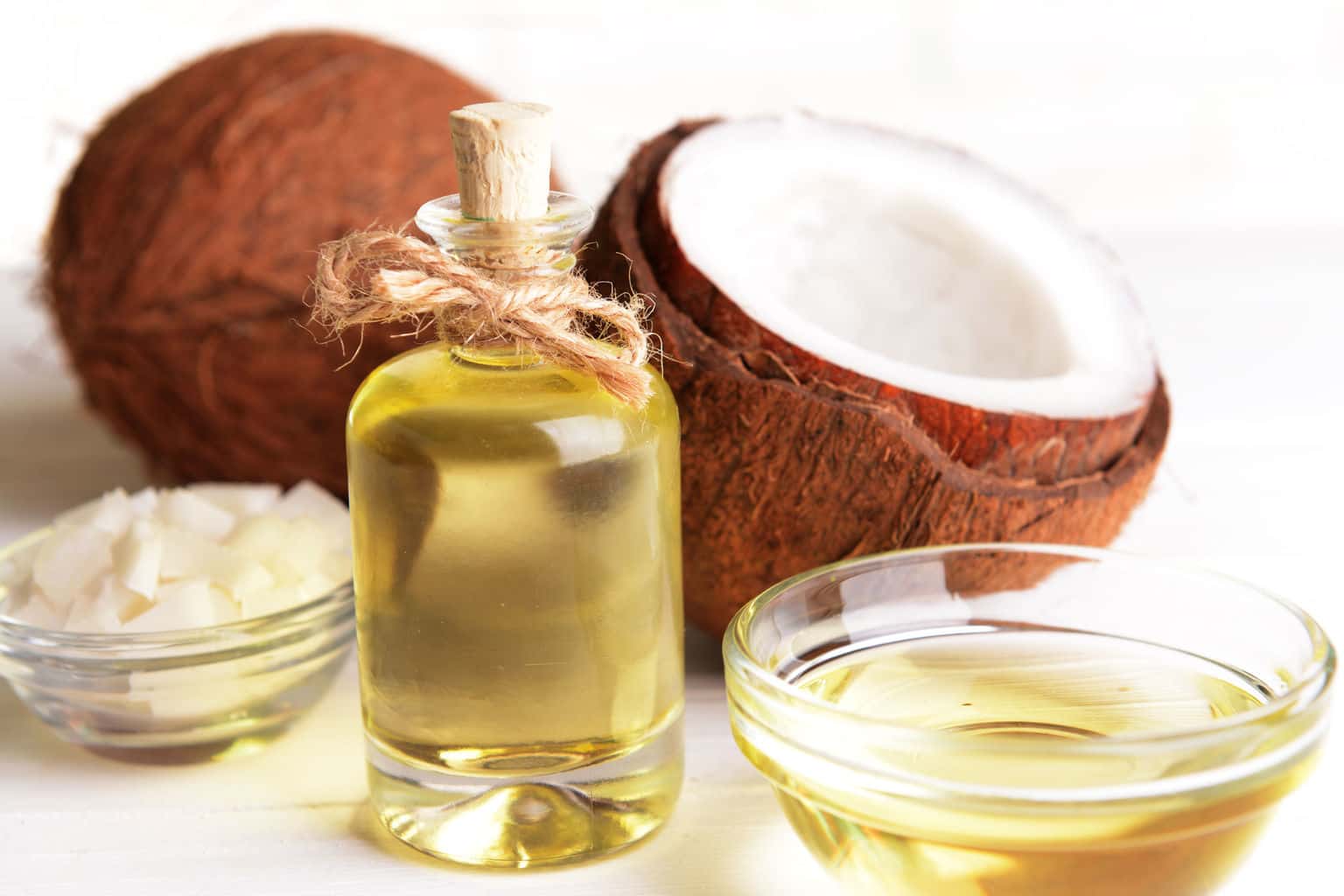
[cmamad id=”4718″ align=”center” tabid=”display-desktop” mobid=”display-desktop” stg=””]
Consumption of polyunsaturated fatty acids is at an all-time high.
PUFAs are contained in all vegetable and fish oils, and especially in seeds and nut oils.
They’ve become so common that they’ve changed the cash crops of many farming areas.
The economy for big agriculture is now based on soy oil, corn oil, and cottonseed oil.
The problem is that these oils are all highly toxic with long-term use.
They depress metabolism and increase the rate of aging.
But still, the obesity epidemic and the fact that so many people are sick is blamed on sugar quite wrongfully.
And what isn’t blamed on sugar is blamed on foods rich in saturated fat.
In reality, it’s the PUFAs that are to blame for most of these illnesses.
When you consume of PUFAs is over time, you slow down the creation of energy by the cell.
Without enough energy, every cell slows down.
This process is called “oxidative stress.”
And the result is that the cells stop being able to burn sugar.
Burning sugar is the most efficient way for the cells to produce energy.
When the cells burn sugar, they produce over 35 molecules of ATP per “transaction,” so to speak.
Molecules of ATP are small enzyme molecules that aid in the transfer of energy.
The more ATP produced in a “transaction,” the more energy the cells can create.
[cmamad id=”4719″ align=”center” tabid=”display-desktop” mobid=”display-desktop” stg=””]
So burning sugar produces more than 35 molecules of ATP.
But if cells are not able to burn sugar they must use another process.
This form of energy creation only produces five or ten molecules of ATP per “transaction.”
The forms of energy creation are referred to as forms of respiration.
The respiration that you want is called oxidative phosphorylation — it is the respiration that burns sugar.
But when a cell cannot burn sugar, it resorts to another form of respiration.
The cells use lipolysis and glycolysis to create energy, and they’re not very efficient ways to get energy.
These forms of respiration are more common in an aging person, with aging cells.
And these respirations increase the speed of aging.
Someone eating a lot of PUFAs is more likely to have to rely on these inefficient processes.
And they are going to age more quickly.
But now there is new hope for someone that’s consumed a lot of PUFAs.
I should explain that fully hydrogenated oil contains zero PUFAs — it’s 100% saturated.
People think that hydrogenated fat is bad.
But saturated fats are not bad.
However, what’s bad is partially hydrogenated oils.
Fully hydrogenated fats may even be healthy — and they have no PUFAs in them.
There are plenty of known benefits of healthy fats.
Researchers in this study wanted to see what effect saturated fat would have on aging respiration.
They fed fully hydrogenated peanut oil to rats.
The scientists wanted to see if they could reverse some of the damage from PUFAs and aging.
Some may be concerned about hydrogenated fats and trans fat.
But trans fats are only present in partially hydrogenated oil.
That’s why researchers focused on fully hydrogenated oil.

They found that after feeding fully saturated fats to these aging rats, the rats gained 80% of the youthful vigor of young rats.
In other words, saturated fats restored the youthful vigor of these old rats.
At least 80% of it.
Supplementation completely restored the activity of respiratory processes to 80% of the value observed in muscles of young animals.
The important part of this study is that it used fully saturated fat.
If you wanted to repeat the study at home and use it to regain your youthful vigor, you should be consuming fully saturated fats.
These include coconut oil and good-quality butter.
Dairy fat of all kinds is quite saturated and low in PUFAs.
And coconut oil is only 2% PUFAs.
So with dairy fat and coconut oil as your primary fats, you can start eating good fats in your diet.
And you’ll begin restoring your cell respiration to youthful levels.
This may not be the only thing that you need to do to restore the youthful vigor that you want, but it goes a long way.
That and making sure that you consume as close to zero PUFAs as is possible.

http://link.springer.com/article/10.1134/S0006297910120102

Leave a Reply